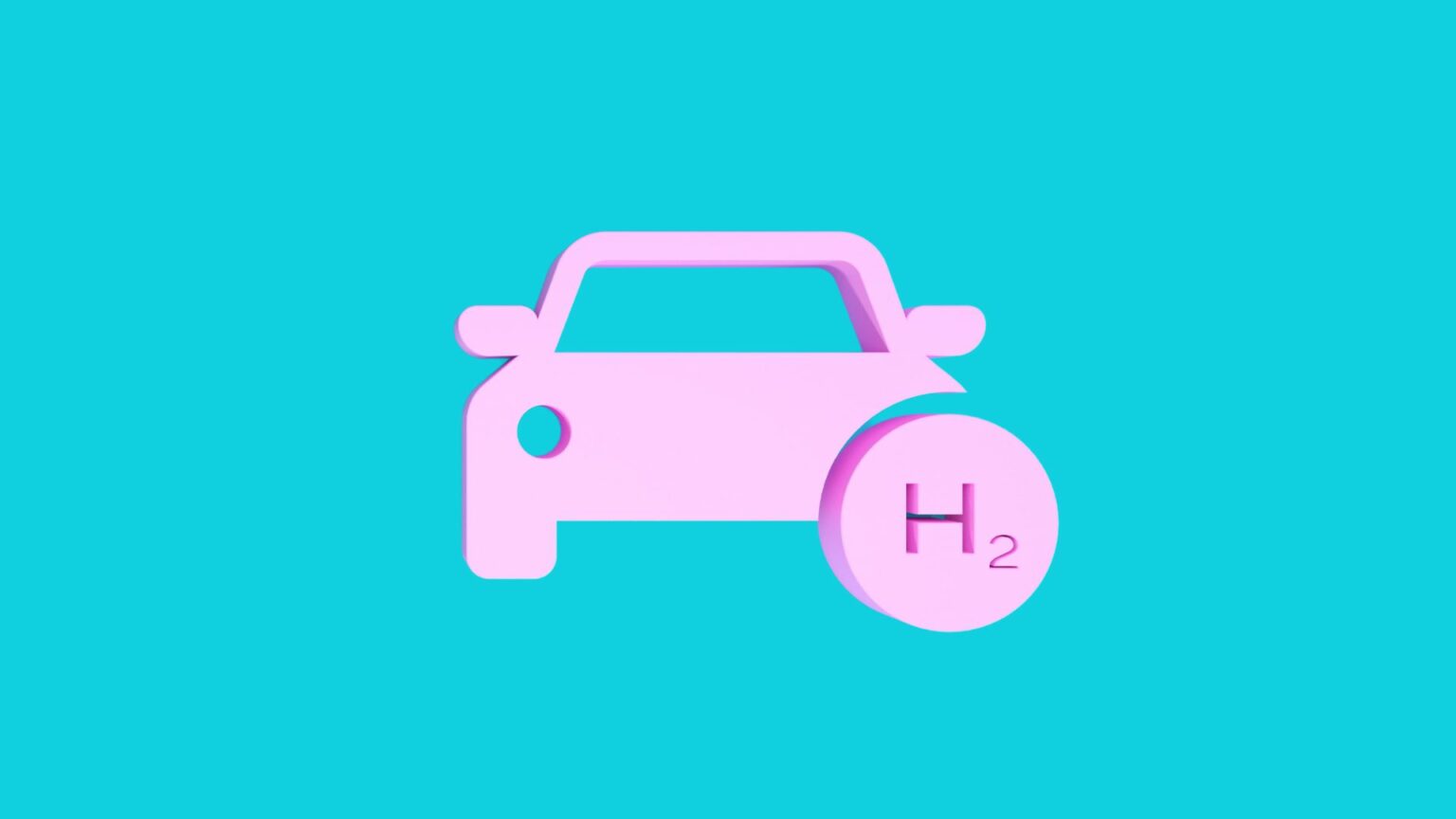While Toyota and Hyundai have been prominent in the hydrogen vehicle sector, Jaguar Land Rover (JLR) once showed interest with its ‘Project Zeus’. However, recent statements indicate a shift in focus.
In 2021, JLR introduced ‘Project Zeus’ as its hydrogen technology endeavor, unveiling a prototype hydrogen fuel cell-powered Land Rover Defender. However, recent comments from JLR’s regional director suggest a diminishing interest in hydrogen as a primary low-emission alternative.
According to Martin Limpert, JLR’s focus lies predominantly on battery electric vehicles (BEVs) and plug-in hybrid technology due to market demand and infrastructure readiness. Despite investigating hydrogen technologies under Project Zeus, JLR perceives infrastructure and market readiness as significant barriers.
While JLR may not prioritize hydrogen for product development, it acknowledges potential applications in lowering carbon emissions in production facilities. This strategic shift suggests a pragmatic approach towards sustainability, focusing on areas where hydrogen technology can offer tangible benefits.
Despite JLR’s commitment to transitioning to a fully BEV carmaker by 2025, its luxury brands like Land Rover and Range Rover will persist with internal combustion engines until at least the end of the decade. This underscores the complex transition towards sustainable mobility solutions.
